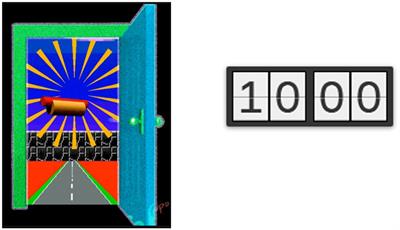EDITORIAL
Published on 16 Jan 2025
Editorial: Designing, implementing and evaluating self-regulated learning experiences in online and innovative learning environments
doi 10.3389/feduc.2025.1546434
- 296 views
752
Total downloads
5,848
Total views and downloads
You will be redirected to our submission process.
EDITORIAL
Published on 16 Jan 2025
ORIGINAL RESEARCH
Published on 17 Dec 2024
ORIGINAL RESEARCH
Published on 28 Nov 2024
ORIGINAL RESEARCH
Published on 19 Nov 2024
ORIGINAL RESEARCH
Published on 21 Aug 2024

